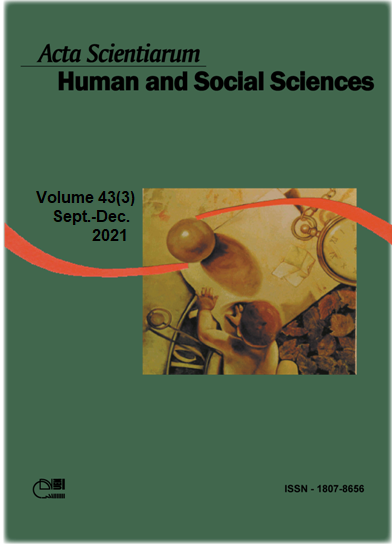Causation in memory: necessity, reliability and probability
Resumo
In this paper, I argue that causal theories of memory are typically committed to two independent, non-mutually entailing theses. The first thesis pertains to the necessity of appropriate causation in memory, specifying a condition token memories need to satisfy. The second pertains to the explanation of memory reliability in causal terms, and it concerns memory as a type of mental state. Post-causal theories of memory can reject only the first (weak post-causalism) or both (strong post-causalism) theses. Upon this backdrop, I examine Werning’s (2020) causalist argument from probabilistic correlation. I argue that it doesn’t establish the necessity of appropriate causation, and thus it can only target strong post-causalist theories. I end up by presenting some general considerations, suggesting that memories may not always be causally linked to past experiences.
Downloads
Copyright (c) 2022 Acta Scientiarum. Human and Social Sciences

This work is licensed under a Creative Commons Attribution 4.0 International License.
DECLARAÇÃO DE ORIGINALIDADE E DIREITOS AUTORAIS
Declaro que o presente artigo é original, não tendo sido submetido à publicação em qualquer outro periódico nacional ou internacional, quer seja em parte ou em sua totalidade.
Os direitos autorais pertencem exclusivamente aos autores. Os direitos de licenciamento utilizados pelo periódico é a licença Creative Commons Attribution 4.0 (CC BY 4.0): são permitidos o acompartilhamento (cópia e distribuição do material em qualqer meio ou formato) e adaptação (remix, transformação e criação de material a partir do conteúdo assim licenciado para quaisquer fins, inclusive comerciais.
Recomenda-se a leitura desse link para maiores informações sobre o tema: fornecimento de créditos e referências de forma correta, entre outros detalhes cruciais para uso adequado do material licenciado.

























